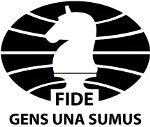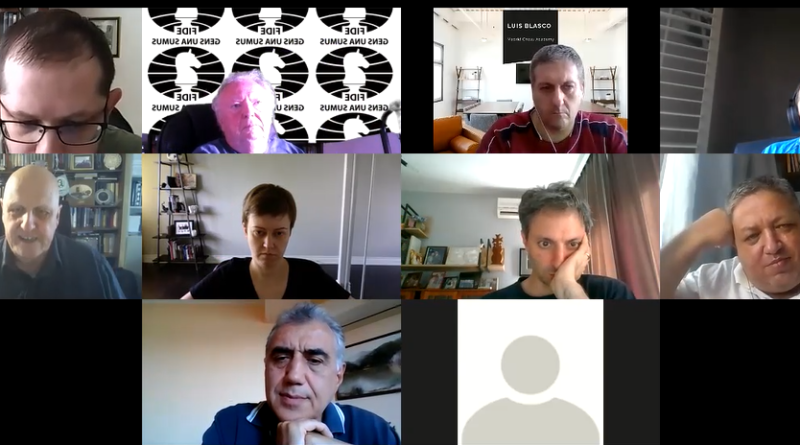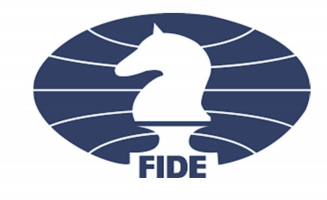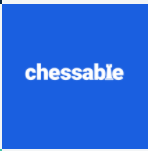Many meetings during the summer
June 30 UNI group
Probably the most important item of the discussion revolved around the development of a model curriculum, FIDE approved, to be shared with universities. This matter has been subsequently progressed by the UNI-curriculum sub-group.
We should develop the Research section of our web site with the aim of building up a complete list of all the research that has been done on chess in education.
July 2 HQS group (High Quality Standards – content development)
This meeting (and follow-ups) was devoted mainly to finalizing the organization, structure, programme, and necessary documents for OTT, PoL (including content), and PoT (progressing content), the updated system leading to the School Instructor title.
September 1 UNI-curriculum (sub group)
There was much discussion about what course(s) we should have. Most members argued against a Chess ‘101’ type course (single semester), as used by several universities around the world. It was decided to concentrate on a course for university students who would go on to become chess teachers. Three possibilities are being considered: Alexander Kostyev’s 2-semester course, the 51 lesson (3-4 semesters) course from Armenia, and Atanu Lahiri’s outline (4 semesters). Details of the three will be submitted by 25 September and then we will attempt to combine them, failing which one will be selected.
Aside from EDU Commission meetings and the EDU workgroup meetings (HQS, WEB, UNI, COM), there have been important online meetings with others (the period up to May was covered in EDU’s last report to FIDE Council):
July 13 DIS (FIDE Commission for the Disabled)
This was an initial meeting to consider possible cooperation, especially with regard to the visually impaired (see August 7).
August 3 FIDE Online
This was a meeting between several EDU members and Anna Burtasova and Ilya Gorodetsky for FIDE to discuss how we can work together. It was largely agreed that we need a clear, even simplistic message, although Ilya is convinced that “nobody reads any text these days!” Perhaps, therefore it might be best to develop our YouTube channel. Ilya also believes that we cannot reach people outside the chess world.
August 7 DIS
This was a more detailed discussion and involved the expert Dora Leticia as well as Thomas Luther. Dora will contact experienced visually an impaired user in Germany and will gather details of available platform software that might be suitable. In any event, teaching materials will be needed; such works could be a series – visually impaired, cognitively impaired, …, starting with visually impaired.
September 2 CSRI
This meeting was devoted to finalizing PoL details. EDU Chairman Lputian summed up: We should identify people (around the world) who can help amplify our message. Want to collaborate with entities inside (federations) & outside (UN, UNESCO, …) – important to continue in parallel, both inside & outside. Kindergarten, primary, secondary, university all have their place & importance.ed: basic skills required (good English, chess knowledge, technical IT), the application process, CEL certificate to be valid for three years.



